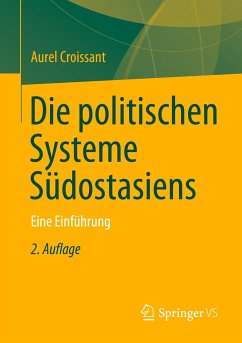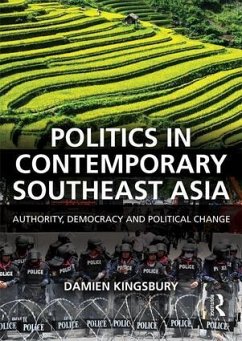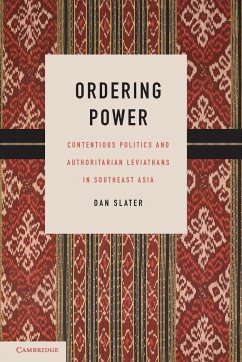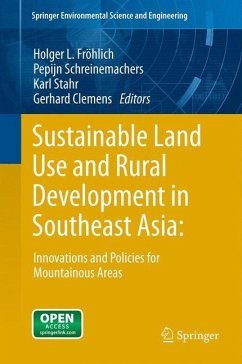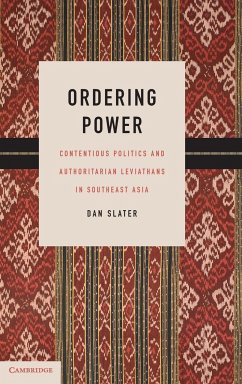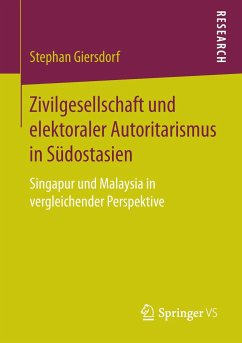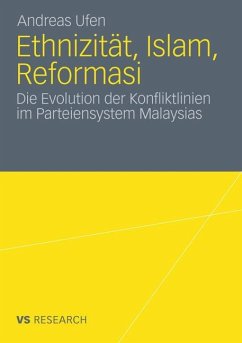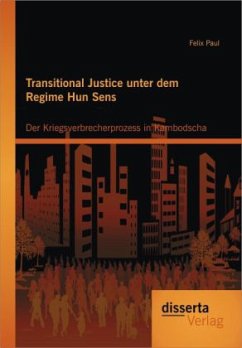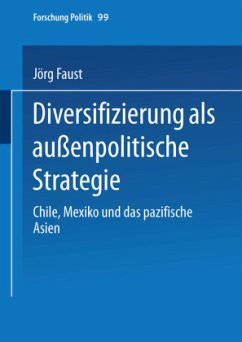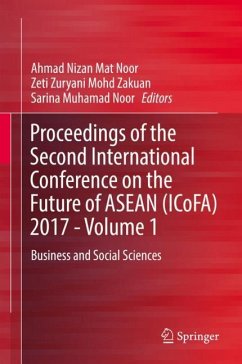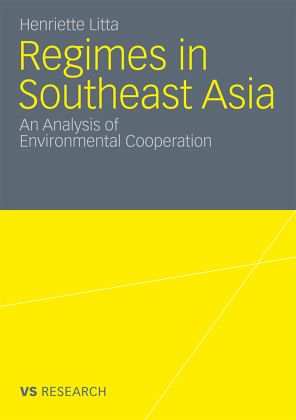
Regimes in Southeast Asia
An Analysis of Environmental Cooperation

PAYBACK Punkte
0 °P sammeln!
In the context of massive environmental problems in Southeast Asia, the countries in the region have decided - at least in some instances - to create regimes to solve these problems jointly. This empirical observation is surprising, given the Southeast Asian countries' general reluctance to regional cooperation, the governance and budgetary constraints that are typical for developing countries and the huge heterogeneity of the involved countries in terms of environmental vulnerability, economic capacity and hegemonic power. This book analyzes the creation and effectiveness of two environmental...
In the context of massive environmental problems in Southeast Asia, the countries in the region have decided - at least in some instances - to create regimes to solve these problems jointly. This empirical observation is surprising, given the Southeast Asian countries' general reluctance to regional cooperation, the governance and budgetary constraints that are typical for developing countries and the huge heterogeneity of the involved countries in terms of environmental vulnerability, economic capacity and hegemonic power. This book analyzes the creation and effectiveness of two environmental regimes, one on transboundary haze pollution and a second on resource management of the Mekong. It will be shown that regime creation is extremely problematic and strategies to overcome conflicting actor constellations are mostly lacking.





